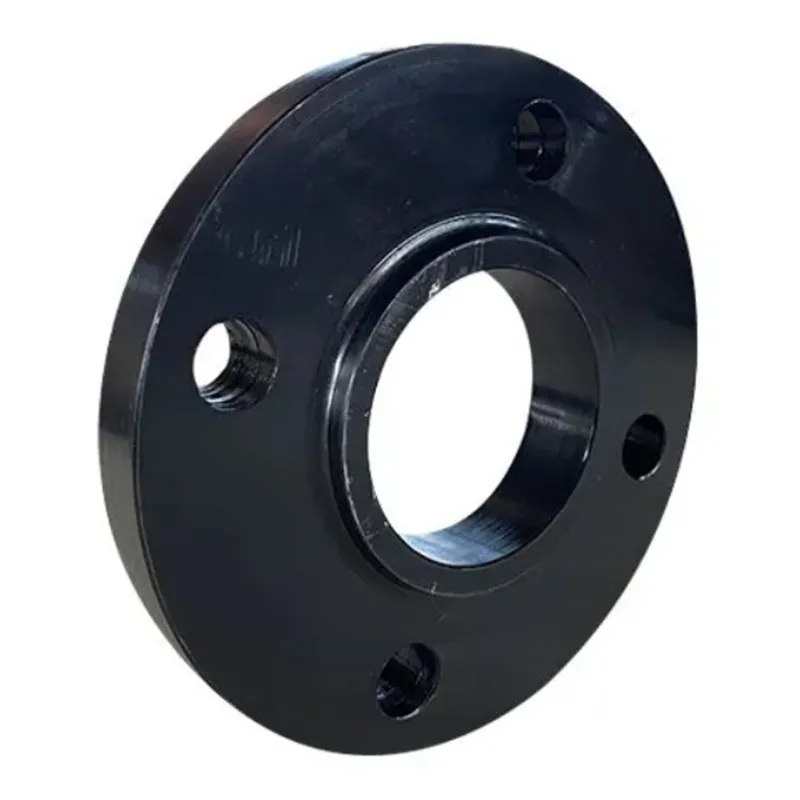-
Cangzhou Yulong Steel Co., Ltd.
-
Phone:
+86 13303177267 -
Email:
admin@ylsteelfittings.com
- English
- Arabic
- Italian
- Spanish
- Portuguese
- German
- kazakh
- Persian
- Greek
- French
- Russian
- Polish
- Thai
- Indonesian
- Vietnamese
- Zulu
- Korean
- Uzbek
- Hindi
- Serbian
- Malay
- Ukrainian
- Gujarati
- Haitian Creole
- hausa
- hawaiian
- Hebrew
- Miao
- Hungarian
- Icelandic
- igbo
- irish
- Japanese
- Javanese
- Kannada
- Khmer
- Rwandese
- Afrikaans
- Albanian
- Amharic
- Armenian
- Azerbaijani
- Basque
- Belarusian
- Bengali
- Bosnian
- Bulgarian
- Catalan
- Cebuano
- China
- China (Taiwan)
- Corsican
- Croatian
- Czech
- Danish
- Esperanto
- Estonian
- Finnish
- Frisian
- Galician
- Georgian
- Kurdish
- Kyrgyz
- Lao
- Latin
- Latvian
- Lithuanian
- Luxembourgish
- Macedonian
- Malgashi
- Malayalam
- Maltese
- Maori
- Marathi
- Mongolian
- Myanmar
- Nepali
- Norwegian
- Norwegian
- Occitan
- Pashto
- Dutch
- Punjabi
- Romanian
- Samoan
- Scottish Gaelic
- Sesotho
- Shona
- Sindhi
- Sinhala
- Slovak
- Slovenian
- Somali
- Sundanese
- Swahili
- Swedish
- Tagalog
- Tajik
- Tamil
- Tatar
- Telugu
- Turkish
- Turkmen
- Urdu
- Uighur
- Welsh
- Bantu
- Yiddish
- Yoruba

Dec . 11, 2024 09:12 Back to list
Specifications for API 5L X65 Pipe Quality and Performance Standards
Understanding API 5L X65 Pipe Specifications
The API 5L standard, established by the American Petroleum Institute, outlines specifications for line pipes that are used primarily in the transportation of oil and natural gas. Among the various grades defined in this standard, the X65 designation signifies a particular yield strength and quality, making it highly valuable in the energy sector. In this article, we will delve into the specifications, properties, applications, and significance of API 5L X65 pipes.
Overview of API 5L Specification
API 5L pipes are categorized based on their grade, which indicates their minimum yield strength. The X in X65 signifies that the pipe has a minimum yield strength of 65,000 psi (approximately 450 MPa). This strength makes X65 pipes suitable for high-pressure applications, which is essential for the movement of gas and liquids over long distances.
The API 5L specification covers various aspects including the chemical composition, mechanical properties, testing methods, and additional requirements necessary for ensuring the integrity and performance of the pipes.
Chemical Composition
The chemical composition of API 5L X65 pipes is critical for their performance and durability. Generally, these pipes are made from carbon steel alloy which may contain specific percentages of manganese, phosphorus, sulfur, silicon, and other elements to improve strength, ductility, and resistance to corrosion. The stringent limitations on these elements ensure that the pipes meet the required mechanical properties and are capable of performing under the harsh conditions often found in oil and gas applications.
Mechanical Properties
API 5L X65 pipes are characterized by their impressive tensile strength and yield strength. Specifically, the minimum yield strength is 65 ksi (kilopounds per square inch), and the ultimate tensile strength is considerably higher. The elongation properties, which indicate how much a pipe can stretch before breaking, are also outlined in the specifications, ensuring that the materials are capable of withstanding the stresses they will encounter during installation and operation.
Moreover, the pipes are subjected to various tests such as flattening tests, impact tests, and hydrostatic testing to confirm their structural integrity before being put into service. These tests are essential for ensuring that the pipes can endure the forces exerted by high-pressure liquids and gases.
api 5l x65 pipe specification

Applications
API 5L X65 pipes are widely used in multiple applications within the oil and gas industry. Their primary application is in the transportation of natural gas and petroleum products through pipelines that can span hundreds of miles. Beyond transportation, X65 pipes are also utilized in structural applications where high strength and reliability are paramount.
In addition to oil and gas, X65 pipes are increasingly finding applications in other industries, including water treatment and industrial processing, where high-strength pipes are needed to handle fluids under pressure.
The Importance of API 5L X65 Specifications
Understanding the API 5L X65 specifications is crucial for manufacturers, engineers, and project managers involved in pipeline construction and maintenance. Compliance with these specifications ensures that the materials used are not only fit for purpose but also meet safety and environmental standards.
The global demand for energy continues to escalate, increasing the need for reliable and efficient transportation of oil and gas. API 5L X65 pipes play a pivotal role in meeting this demand, as they are engineered to withstand the challenges posed by high-pressure environments and corrosive substances.
Conclusion
In conclusion, the API 5L X65 pipe specification is a cornerstone in the energy sector, ensuring that pipelines are safe, durable, and effective. The combination of high yield strength, rigorous testing, and a well-defined chemical composition makes X65 pipes a preferred choice for transporting hydrocarbons. As the world moves towards more sustainable energy solutions, the role of these pipes will only increase, highlighting the importance of thorough understanding and adherence to API 5L specifications in pipeline engineering and construction.
By fostering a better understanding of API 5L X65 specifications, stakeholders can enhance project outcomes, reduce operational risks, and contribute to a more efficient energy sector.
Latest news
-
ANSI 150P SS304 SO FLANGE
NewsFeb.14,2025
-
ASTM A333GR6 STEEL PIPE
NewsJan.20,2025
-
ANSI B16.5 WELDING NECK FLANGE
NewsJan.15,2026
-
ANSI B16.5 SLIP-ON FLANGE
NewsApr.19,2024
-
SABS 1123 FLANGE
NewsJan.15,2025
-
DIN86044 PLATE FLANGE
NewsApr.19,2024
-
DIN2527 BLIND FLANGE
NewsApr.12,2024
-
JIS B2311 Butt-Welding Fittings LR/SR 45°/90° /180°Seamless/Weld
NewsApr.23,2024











